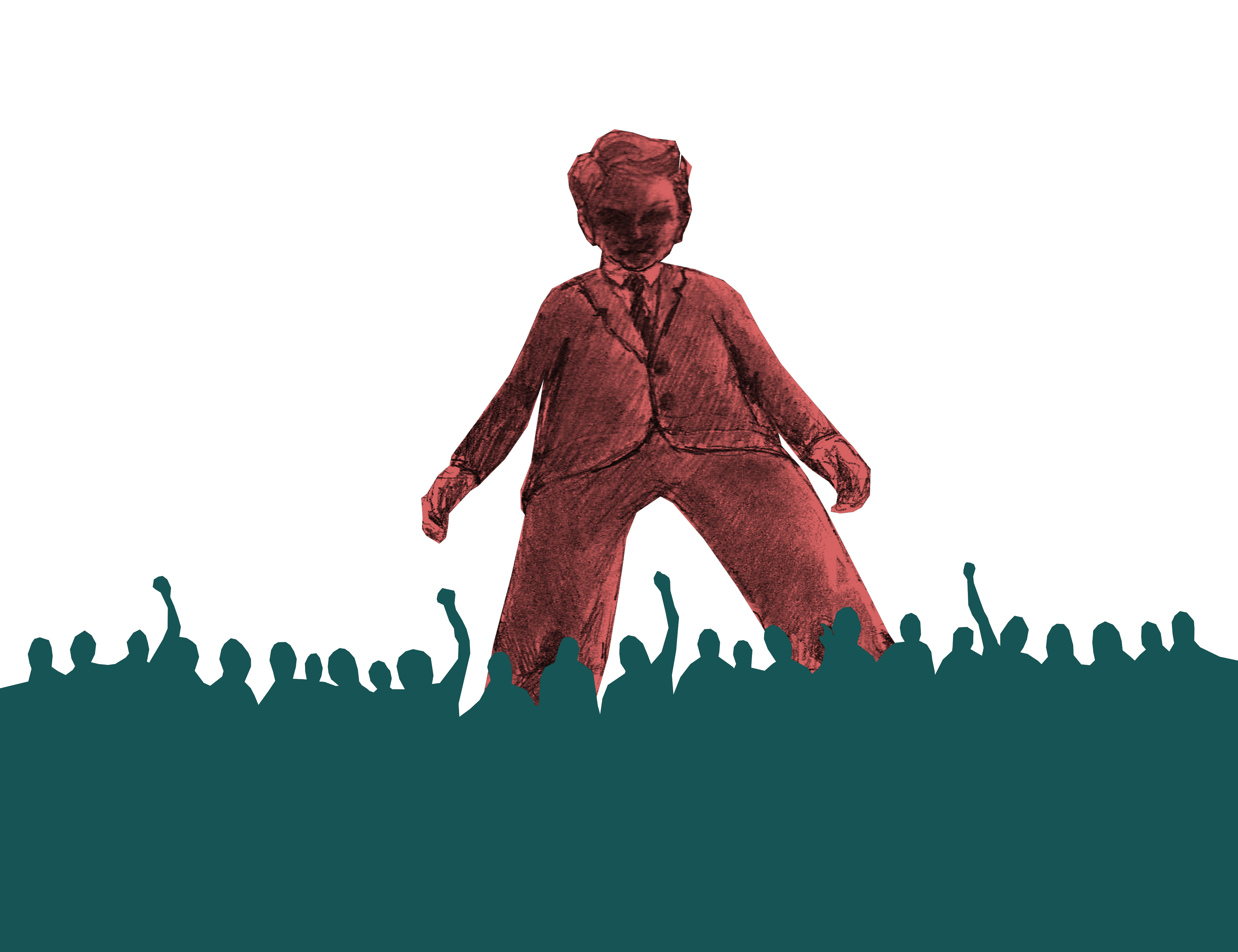It seems to be something of a trend with people my age to confuse their own interests with the common good. The idea that it is somehow unfair for us to not have all our desires (and a lot of what we call needs are really just desires) met is not a healthy mindset, though it is increasingly widespread. Seeing unfairness as a state of discontent is a big part of why we live in such an unjust society: we are willing to put up with a lot, so long as things seem “fair” for number one.
It’s not just young people, of course – though I think that as digital technology permeates more and more of our lives, we are more likely to be susceptible to it. The social media we use is designed to show us the things we like to see; algorithms track what we click on and deliver more of the same. We get a false idea of how much the world agrees with us and of how important we are in the grand scheme of things.
Combine this with a culture of consumption that makes money by making us feel special, and an inflated sense of self-importance becomes understandable, if not forgivable.
We learn by example. World leaders refuse to take actions to reduce the emission of greenhouse gasses, appealing to a rough-and-tumble sense of fairness, where fair is what benefits them (and their economies). Canada stands out as a prime example of nations that have not put forward workable solutions to reduce their greenhouse gas emissions to acceptable levels, and have used their economies (or rather, the inconceivability of tinkering with them) as justification for continuing to destroy the heritage of the whole community of nations.
Don’t get me wrong: we do live in a very unfair, inequitable, and unequal culture. If you’re not amongst the super-rich (hint: if you’re reading this, you’re not), then to varying degrees all our lives are unfair. The gears of government and the economy do not turn for your benefit. But one thing that young people forget when they invoke unfairness as a condition they suffer from is everyone else besides them.
A small example I’m sure many of you can relate to: classmates complaining that it was unfair that they did not know in advance know what parts of a book would be covered by a test. The whole book was assigned; to them, “unfair” means “more effort than they want to put in.” They wanted a free lunch, and screw people that were willing to put in the required work.
Or consider that crotchety relative we all have: it’s “unfair” that they have to pay taxes for [insert thing they dislike]. I’ve never met anyone who was willing to just not use any government services, so presumably these people don’t disapprove of government services; they just want these to consist of what they like, and forget anyone else with different needs who is represented by the same government.
Thinking of things like this as unfair blinds us to true unfairness. If a situation not turning out to your liking is unfair, what is the situation of the First Nations here, or the Palestinians in Israel? When we split our world into a dichotomy of fair and unfair based on ourselves and no one else, the words lose meaning, become hollow.
The idea of unfairness that a lot of people seem to have is a lot like American exceptionalism. We all know what that looks like: America can attack anyone it wants, but it is a horrific unfairness if they themselves are attacked. It’s a willing blindness to subtlety, context, and broader community. It’s not fair when exceptionalism is used to justify military action; it’s no more so when used to frame our expectations of how the world treats us.



